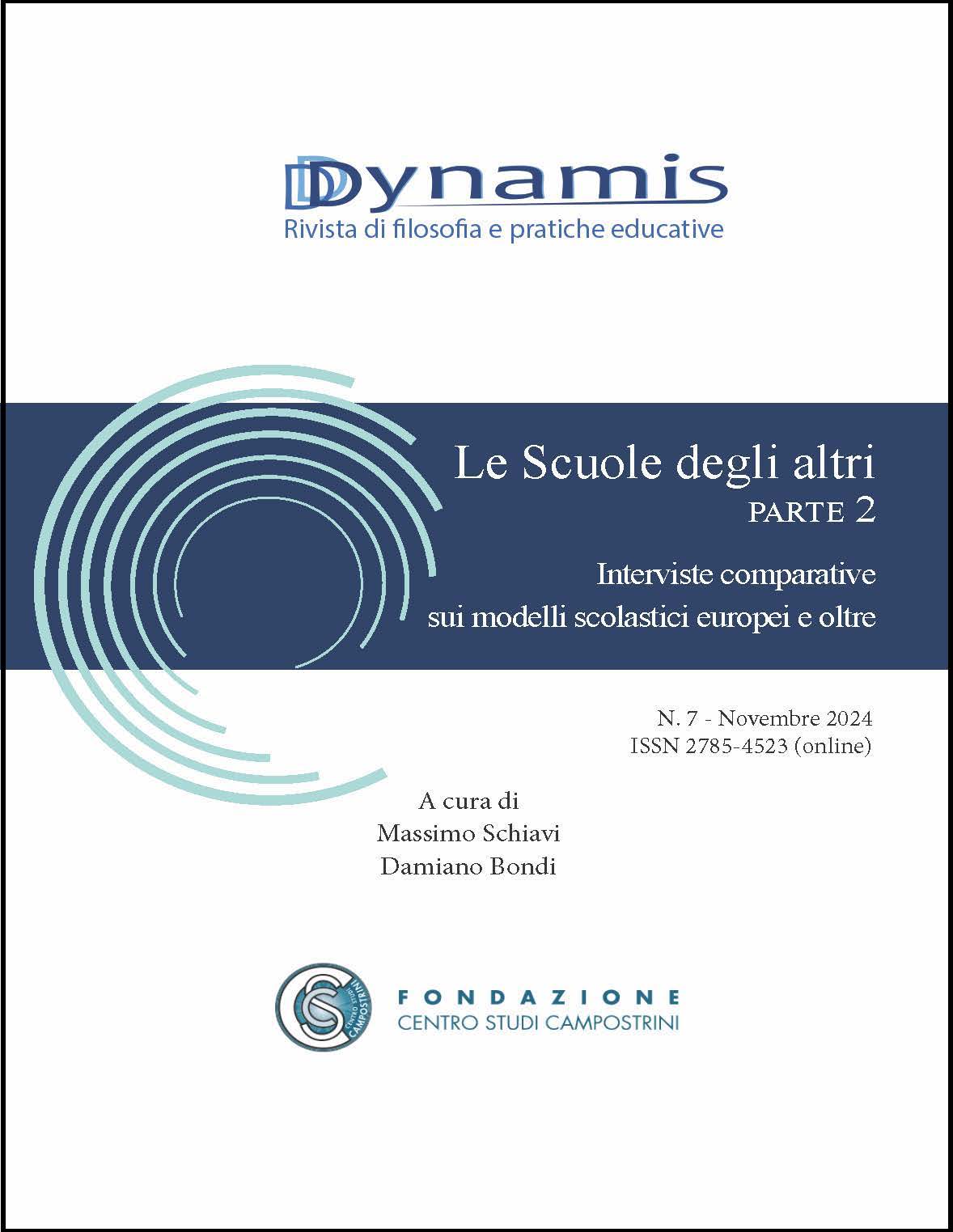The Swedish educational system
DOI:
https://doi.org/10.53163/dyn.v7i7.280Keywords:
educational policies, school decentralization, teacher training, socio-educational integration, independent schools, national testsAbstract
The Swedish educational system is characterized by a well-structured framework with a strong focus on inclusivity and student-centered learning. Over the course of the 20th and 21st centuries, reforms have progressively adapted the system to meet social and economic demands, emphasizing both academic and vocational preparation. Democracy, sustainability, and digital innovation are key elements integrated into all educational levels. However, recent challenges, such as the privatization of schools (friskolor) and the digitization of education, have raised concerns about potential inequalities and their impact on educational quality. Despite its strengths, the system faces issues related to increasing social disparities and standardized assessments.
Downloads
Published
How to Cite
Issue
Section
License
Copyright (c) 2024 Gustav Borsgård, Gianluca Colella

This work is licensed under a Creative Commons Attribution-NonCommercial-NoDerivatives 4.0 International License.




